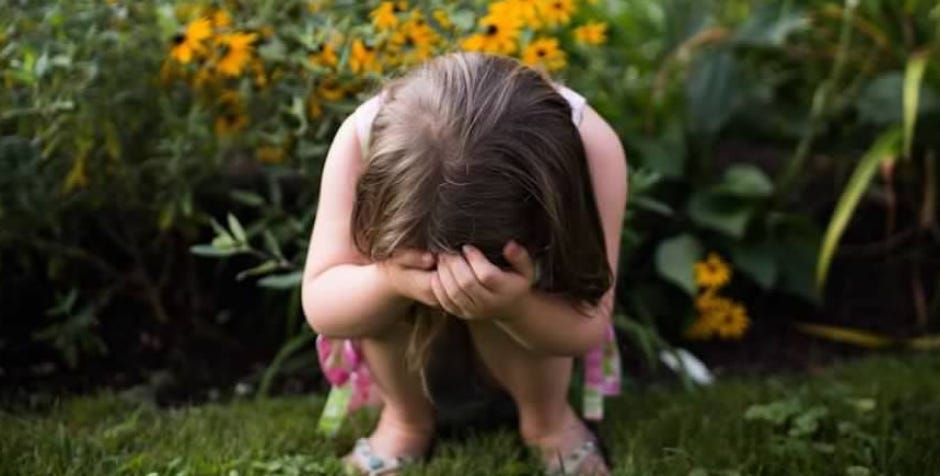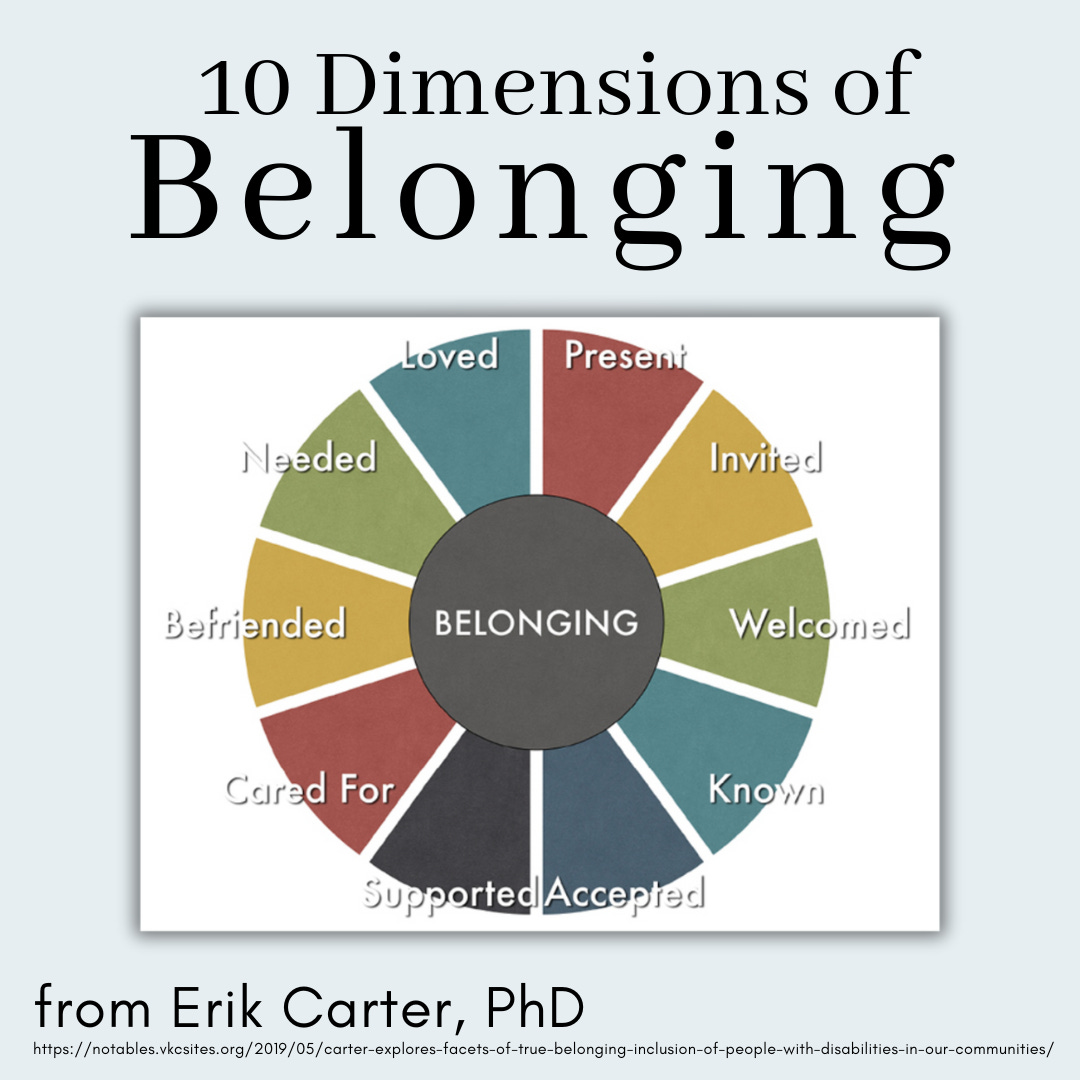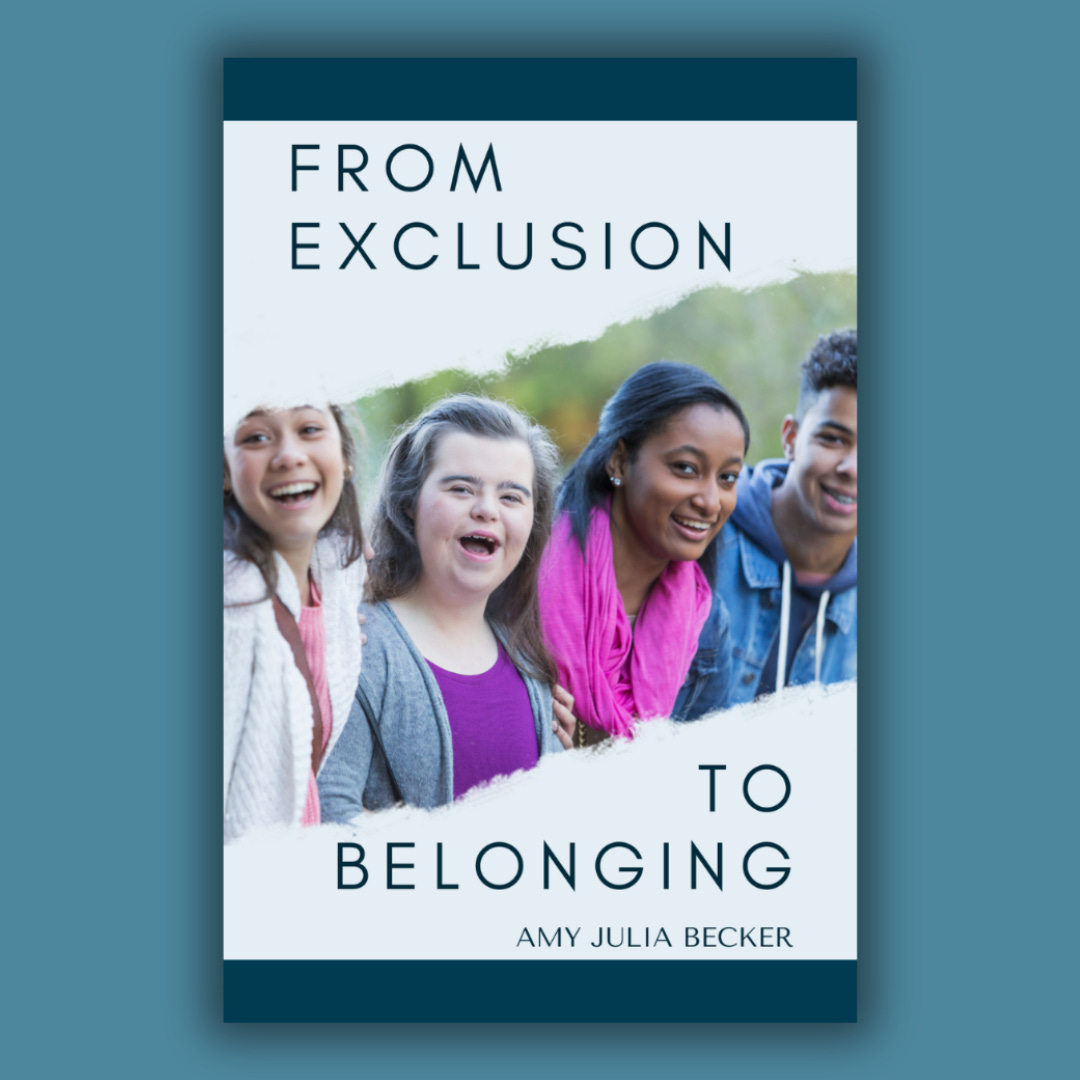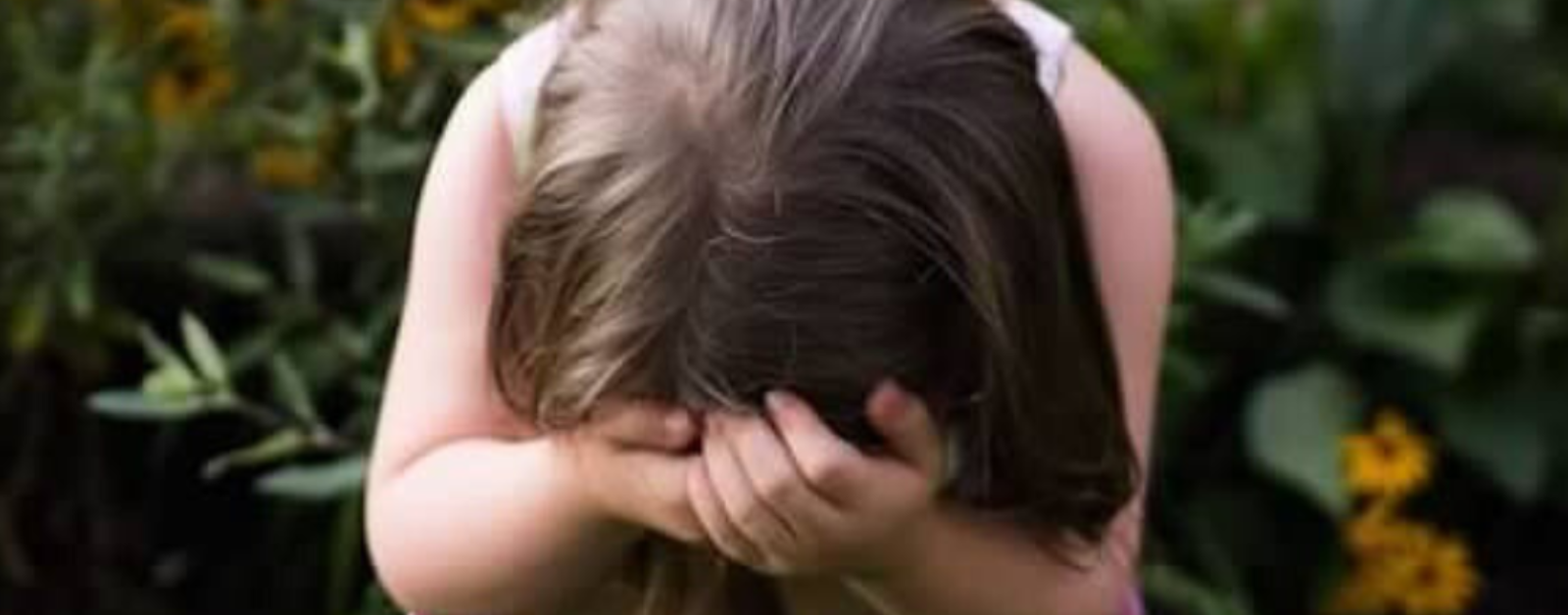One of the most heartbreaking aspects of being a mother is watching our kids get excluded. I’ve seen it at times for all three of them, but exclusion happens most regularly for Penny, our daughter who has Down syndrome. There were the years without invitations to birthday parties and getting-ready-before-the-event gatherings and sleepovers. There was the time I was with her to take pictures before a dance at school and no one asked if she wanted to stand by them and pose for the camera. There were the basketball games when she sometimes sat alone. There were the times she told me about sitting by herself in the cafeteria.

I watched those moments of exclusion, or heard about them, and I wanted to scream and cry and shake the other teenagers (the other awkward, trying-to-find-themselves-and-just-be-okay teenagers) and tell them that all they needed to do was say, “Hey, Pen, do you want to sit with us?” She won’t be a bother. I promise.
My anger was coupled with compassion. It feels risky to reach out to the person on the margins. It’s hard to know whether I’m keeping my position within the social group as it is. I get it. And yet I also know there’s a better way. I know there’s a way of belonging that blesses everyone.
I’m writing these words on Martin Luther King Day, and I’m aware that the exclusion many people have experienced within the United States—Black people, other people of color, disabled people, members of the LGBTQ+ community—has been far worse than the loneliness our daughter experienced at a basketball game. I’m grateful for the past 60 years of legislating and living out a new way of coming together.
Our family has been the willing recipient of a school system rebuilt on inclusion, where Penny had the same opportunities as her typical peers to learn and participate in sports and become a part of the community. And let’s be clear, there are a few standout teenagers who went out of their way to invite Penny to eat lunch and get ready for prom and hang out together.
Exclusion—In A Passive, Looks-Nice Way—Still Reigns
Still, it’s almost embarrassing to acknowledge how important those individuals have been. I’ve recorded each and every one of those singular invitations in my journal, with desperate hope that more will follow. I don’t even want to admit the number of prayers we’ve prayed for friendship. Or the rawness of my heart when those prayers seem to go unanswered time and again.
In general, on a social level, exclusion—in a passive, looks-nice way—still reigns. None of these kids (or their parents, back in the day when the parents had more to do with the inviting) intentionally wants to exclude Penny. None of them are mean or rude.
And, at the same time, none of them wants to take the risk to issue an invitation. None of them wants to tolerate her presence, much less include her, much less do the risky, vulnerable work of creating a space of belonging.
Belonging Begins Here
Jesus tells a story in the Gospel of Luke (chapter 14) where he says when we throw a party, we should start by inviting all the people who are the least likely to be invited. In his words, invite “the poor, the crippled, the lame, and the blind.” He goes on to say that after they’ve been invited, the host should go on out and invite everyone else.
Jesus isn’t saying that only one group of people belongs. He’s saying that the only way everyone ends up at the party is if you start by inviting the ones who haven’t belonged in the past, the ones who get overlooked and forgotten, the ones who don’t have high social status, the ones on the outskirts.
Belonging begins with an invitation. And it begins with an invitation to the ones you didn’t expect.
My friend and colleague Erik Carter created a wheel of belonging to help churches assess their willingness to fully incorporate people with disabilities within their congregations.

I find the wheel helpful in all sorts of institutional and social spaces. Technically, his wheel begins with presence, and it is worth considering whether we ever reside in spaces without people with disabilities or other social differences. But the next spoke of the wheel is “invited.” It seems to me that belonging begins here, with an invitation to participate, to connect, to engage.
I’m looking for opportunities to issue invitations. I’m teaching my kids the power of invitations. And I’m grateful for the stories like Luke 14 that remind me that we are all invited, as we are, to feast at God’s table.
How have you experienced the power of invitations? I’d love to hear from you.
FREE RESOURCE! FROM EXCLUSION TO BELONGING
Our communities tend to exist on a continuum, from exclusion to tolerance to inclusion to belonging.
Here is a free download to help you explore how to create spaces of welcome and belonging. Get the download!

Let’s stay in touch. Subscribe to my newsletter to receive weekly reflections that challenge assumptions about the good life, proclaim the inherent belovedness of every human being, and envision a world of belonging where everyone matters. Follow me on Facebook, Instagram, and YouTube and subscribe to my Reimagining the Good Life podcast.



